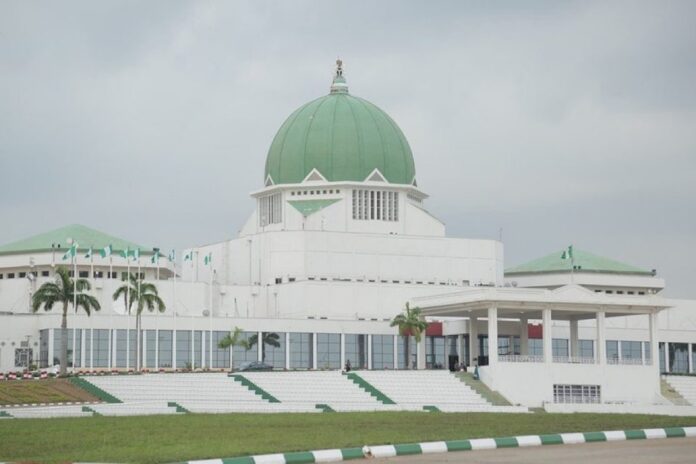ABUJA — Ahead of the 2027 general elections, the National Assembly has proposed a major change to Nigeria’s election calendar — shifting the presidential and governorship elections from the usual February or March to November 2026.
The proposal is part of the draft amendments to the Electoral Act 2022, discussed on Monday during a one-day public hearing held by the Joint Committee on Electoral Matters, chaired by Senator Simon Lalong (APC, Plateau South).
According to Section 4(7) of the proposed amendment, “Elections into the office of the President and Governor of a State shall be held not later than 185 days before the expiration of the term of office of the last holder of the office.”
Since the current administration’s term ends on May 29, 2027, this means the next presidential and gubernatorial elections would be conducted around November 2026.
Similarly, Section 4(5) of the proposal states that federal and state legislative elections must also be held “not later than 185 days before the date on which each of the Houses stands dissolved.”
Lawmakers explained that the change aims to give enough time for court cases arising from elections to be resolved before newly elected officials are sworn in.
“We are proposing that all election litigations be concluded before the swearing-in of declared winners,” said Hon. Adebayo Balogun, Chairman of the House Committee on Electoral Matters.
To make this possible, Balogun said lawmakers want to reduce the time allowed for court decisions. Under the proposal, election tribunals would have 90 days to deliver judgments instead of the current 180 days, while appeal and Supreme Court cases would each take no more than 60 days.
All these processes would fit within the 185 days before the inauguration. To align with the change, Sections 285 and 139 of the 1999 Constitution (as amended) would also be updated.
During the hearing, stakeholders, including the Independent National Electoral Commission (INEC) represented by Prof. Abdullahi Zuru, supported the move to improve transparency through electronic voting and electronic transmission of results.
Under Section 60(5) of the proposed amendment, it would become mandatory for presiding officers to transmit election results both electronically and manually. Failure to do so could lead to one year in prison, a ₦1 million fine, or both.
Another major change is the introduction of early voting, which would allow security personnel, INEC officials, accredited journalists, election observers, and ad-hoc staff to cast their votes up to 14 days before election day.
The joint committee also suggested removing election timelines from the Constitution and placing them in the Electoral Act instead. This, according to the lawmakers, would make it easier to adjust future election dates without going through the lengthy constitutional amendment process.
“Section 28, now renumbered as Section 27(5–7), was introduced to unlock the constitutional restrictions on election timelines,” the document explained.
Most participants at the hearing described the proposed changes as timely and necessary, saying they would help strengthen Nigeria’s electoral system, reduce post-election tensions, and ensure that legal disputes are settled before new leaders take office.



